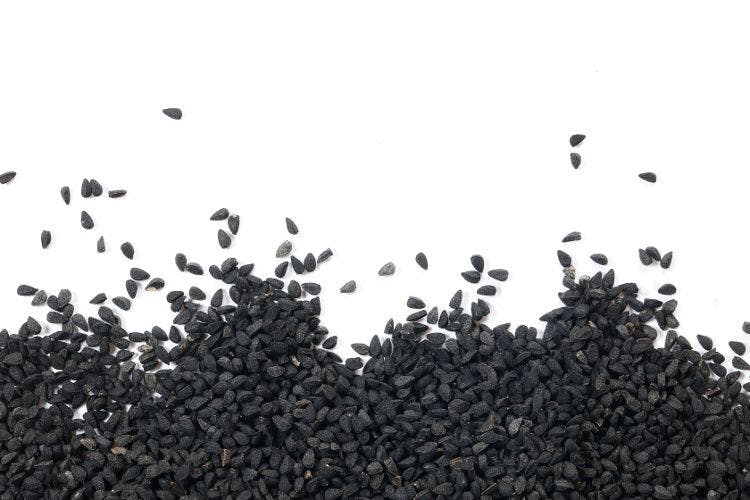New ashwagandha research: strength, thyroid function, healthy testosterone, brain health
The latest research confirms that ashwagandha supports the health of numerous systems of the body.
Ashwagandha (Withania somnifera) is one of the most important adaptogens in the Ayurvedic medical tradition. Its use dates back some 3,000 years. Ashwagandha-roughly translated as “horse-like” from the Sanskrit language-is a true powerhouse for vitalizing the body and mind. The effects of this herb are truly multifaceted.
Ashwagandha is traditionally classified in Sanskrit as rasayana, which means having the ability to defend against disease, arrest the aging process, revitalize the body, increase its ability to resist illness, and enhance mental well-being.1 Emerging research on ashwagandha in humans continues to show a broad range of benefits, and this is spearheading the popularity as well as steady overall growth of this herb. Per data from market researcher Innova Market Insights and ashwagandha supplier Arjuna Natural Ltd. (Kerala, India) in April 20182, new product launches featuring ashwagandha between 2013 and 2017 increased by approximately 18%, with growing interest in different delivery forms, including beverages.
Recent data from human clinical trials suggest the broad therapeutic activity of ashwagandha extracts in diverse health conditions. These research results affirm ashwagandha’s stature in Ayurvedic medicine as a tonic herb and indicate that it will continue to be an important natural option for supporting the health of numerous systems of the body.
References
- Sahu SK et al. “Ashwagandha: Nature’s boon for a healthy life.” World Journal of Pharmaceutical Research, vol. 7, no. 18: 598-612
- Prince J. “Arjuna launches high-potency ashwagandha extract.” Nutritional Outlook. Published online April 10, 2018.
Photo © AdobeStock.com/Eskymaks
























